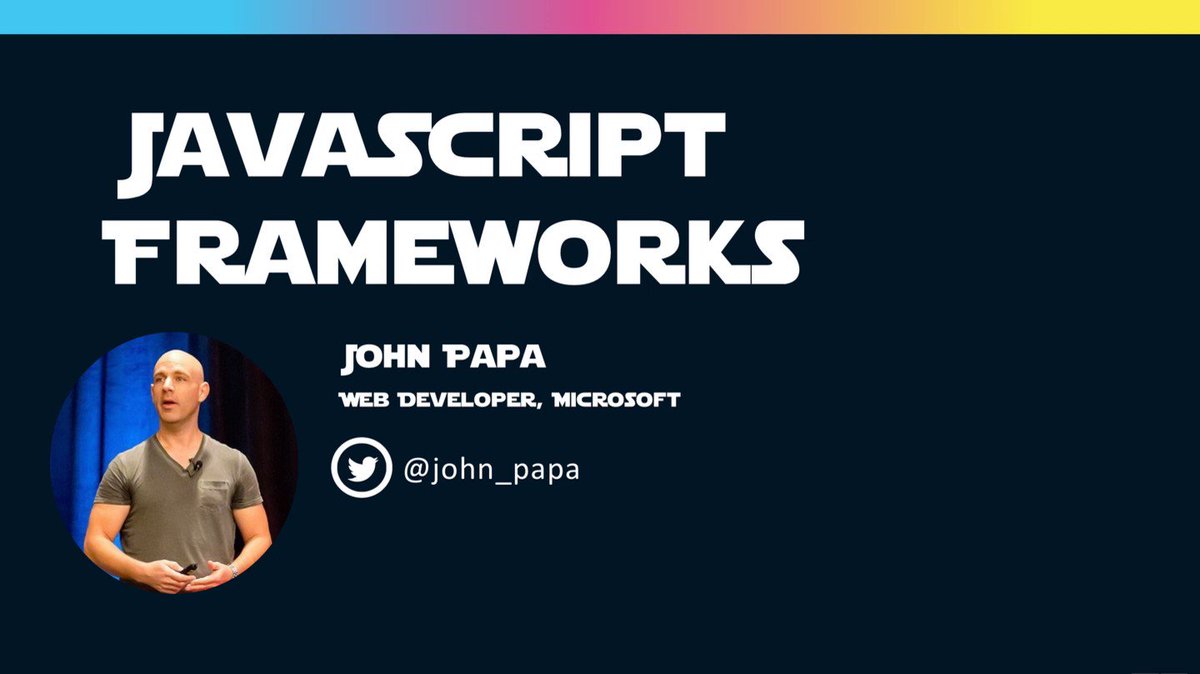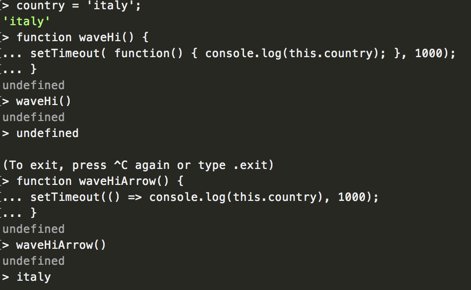They trained the model (U-Net) with frames from numerical solutions of the hydrodynamical equations.
Today, we are bringing other exciting results involving black holes and AI. We released a new paper:
"Black Hole Weather Forecasting with Deep Learning: A Pilot Study"
Work by Roberta Duarte (@import_robs), Rodrigo Nemmen (@nemmen) and João Paulo Navarro (from @NVIDIABrasil).
They trained the model (U-Net) with frames from numerical solutions of the hydrodynamical equations.
We want to investigate if deep learning can be a new method to simulate accurately in less time!
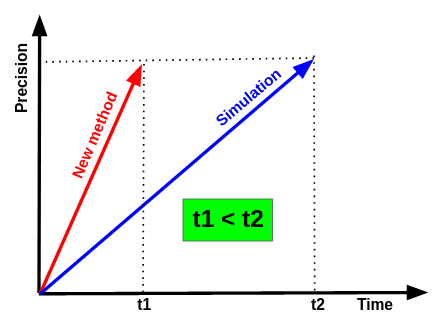
1- The model simulating only one system after learning only from this system
2- The model simulating an unseen system after training with several systems with different initial conditions
The result is that the model can simulate up to 8e4 gravitational time accurately with a speed-up of 30000x faster!
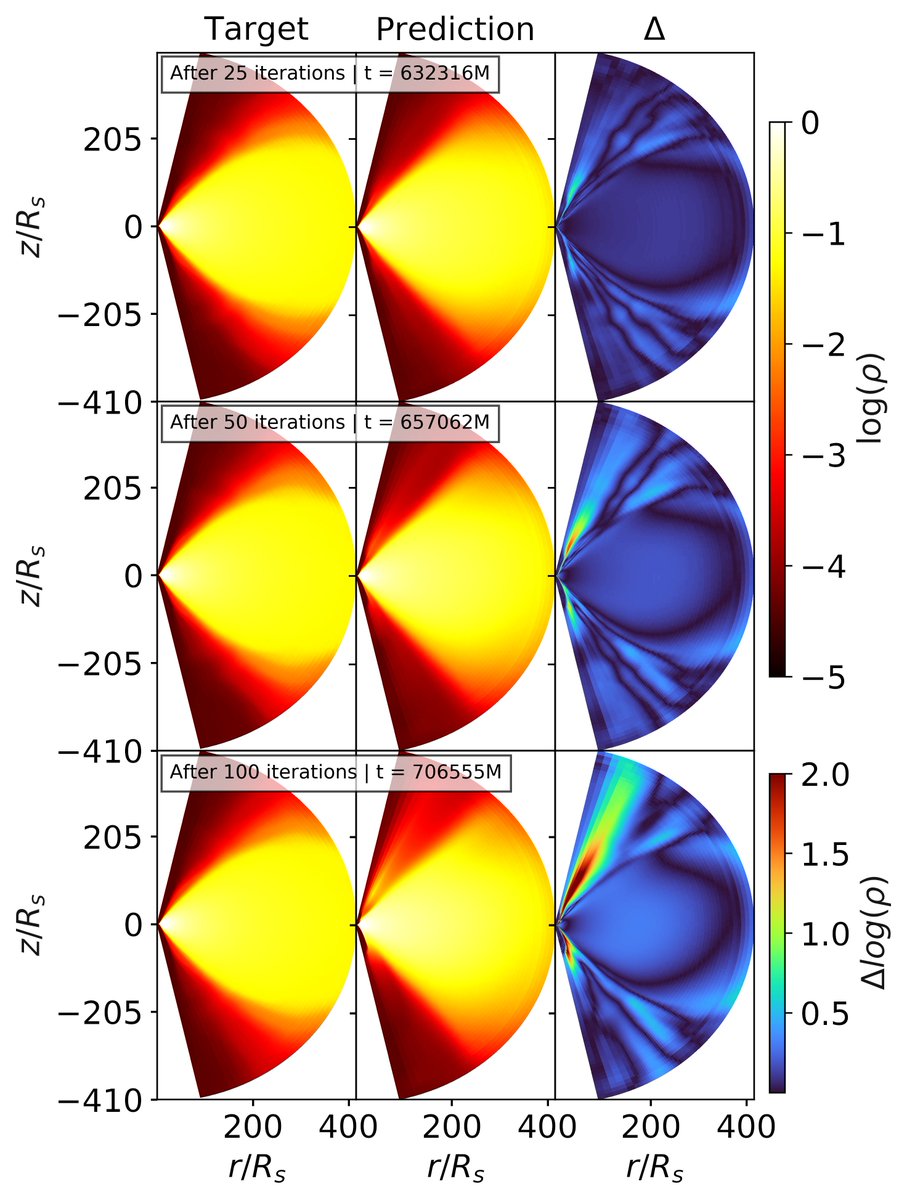
However, they hid one system to understand the generalization power of the model!
It simulated the unseen system for 4e4 gravitational time, showing that the model can generalize the black hole physics presented in the dataset!
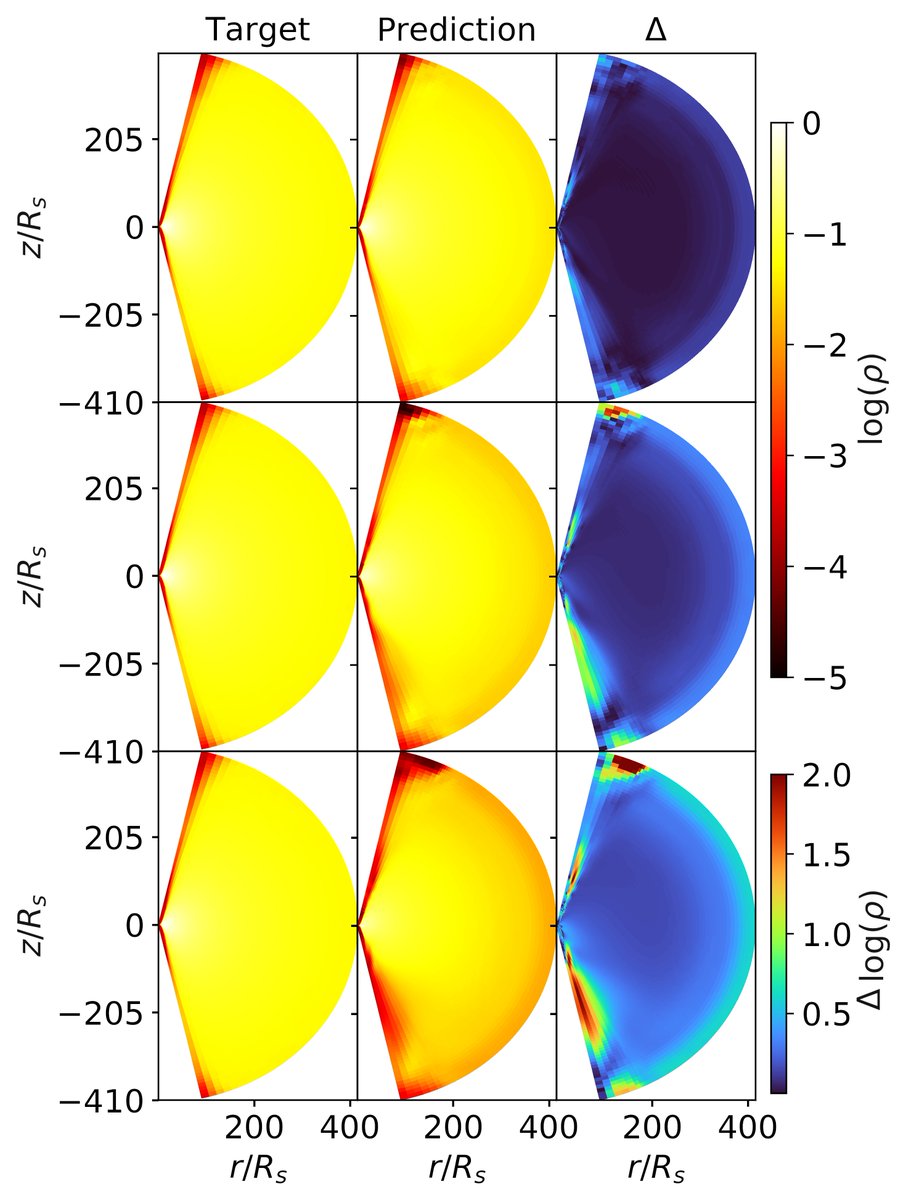
More from Science
https://t.co/a6yrWK5dqg

https://t.co/Xe5xFdtDfO

https://t.co/e3RBxj0ly3
https://t.co/cJlCMqyP2v
https://t.co/5n5TK67iKB


https://t.co/Xe5xFdtDfO

https://t.co/e3RBxj0ly3
1. Monkey Outrage!
— Billy Bostickson \U0001f3f4\U0001f441&\U0001f441 \U0001f193 (@BillyBostickson) August 17, 2020
The worst treatment was kept for the monkeys. The macaques breed of monkeys are small, relatively light primates, which are often used for animal experiments at LPT. \u2018They are kept in cramped conditions in small cages. https://t.co/6D0yisjd9B
https://t.co/cJlCMqyP2v
11. Max Planck Monkey Photos (2) pic.twitter.com/0yE9D6iswp
— Billy Bostickson \U0001f3f4\U0001f441&\U0001f441 \U0001f193 (@BillyBostickson) August 17, 2020
https://t.co/5n5TK67iKB





















